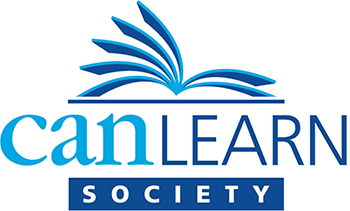September 8 – International Literacy Day
The 8th of September was proclaimed International Literacy Day by UNESCO in 1966 to remind the international community of the importance of literacy for individuals, communities and societies.
2019 is the International Year of Indigenous Languages. Accordingly, the focus of this year’s International Literacy Day will be “Literacy and Multilingualism.”
Even though few people think about it in their everyday lives, multilingualism is a daily reality for many. Canada is a multicultural country, with people from many different language backgrounds. According to Statistics Canada, 21% of people in Canada are immigrants, 6% of whom speak only their language of heritage/mother tongue at home. Additionally, it is important to mention that approximately 0.6 of Canadians report an Indigenous language as their mother tongue.Canada supports multilingualism through:
- Providing ELL programs that serve diverse immigrant and refugee populations with different needs and goals.
- Providing opportunities for different ethnic groups to maintain their languages of origin at the community level.
- Putting efforts into reviving and preserving Indigenous languages.
- Providing children’s French immersion programs which have been identified worldwide as models for successful second language and academic learning.
The adult foundational learning field in Alberta serves two distinct groups of learners.
The first group consists of native speakers of English who have not acquired the literacy skills needed to function in society. The second group consists of English Language Learners who have limited or no formal schooling in their first language. The commonly used term for the programs which cover these learners is LESLLA – Literacy Education and Second Language Learning for Adults. Because such adults have to learn to read and write in English from scratch, they are at a disadvantage compared to learners with strong literacy skills in their first language.
Our adult foundational learning field shows strengths and faces challenges in serving LESLLA learners. One of our most significant strengths is that we provide an entry/engagement point for learners who are not ready to participate in ELL courses in which they are immediately required to read and write. The challenges stem from the fact that LESLLA learners are adults, second language learners, immigrants and refugees and non-readers all at the same time. They are often impacted by poverty, traumatic events from their past and social isolation. Facilitating learning for these learners is different from any other type of teaching.
At CanLearn, we have recently started the Needs Assessment for Bi-Literacy Classes in Adult English Language Learning project aimed at exploring the potential of using mother tongue instruction as a tool for achieving positive outcomes for learners with limited or no literacy in their first language.
Funded by Calgary Learns, the project will work with practitioners in the field and potential learners to assess the need for bi-literacy programming in Calgary and create an evidence-based curriculum framework.
Stay tuned.
For more information about International Literacy Day, visit:
https://en.unesco.org/commemorations/literacyday
Written by Nada Jerkovic
